Addo Elephant National Park is home to diverse wildlife, including over 700 African elephants, the Cape buffalo, zebra, warthog, and various antelope. The park is also home to the endangered black rhino, lions, spotted hyenas, and caracals. Visitors may also spot elusive animals such as the leopard, brown hyena, aardwolf, and aardvark. Guided game drives with an expert guide can provide a wealth of knowledge about the park's animals.
Addo National Park - Visitor Information
Addo Elephant National Park is a unique destination for nature enthusiasts, offering safaris, guided game drives, birdwatching, night drives, hiking, and horseback riding. Visitors can expect to see various animals, including elephants, lions, and zebras. The park offers accommodation ranging from high-end lodges to basic campsites and chalets. Conservation efforts include anti-poaching patrols, habitat restoration, and community outreach programs.
Experience the Thrill of Addo Elephant National Park Safari Tour
If you're looking for an adventure that's sure to be unforgettable, the Addo Elephant National Park is the perfect choice for you. Located in the Eastern Cape of South Africa, this wildlife reserve is home to a diverse range of animals: majestic elephants, lions, zebras, buffalos, antelopes, warthogs, hyenas, leopards, rhinoceroses, kudus, baboons, monkeys, and birds.
During your safari tour, you'll have the opportunity to explore the park with a knowledgeable guide who will take you on a game drive deep into the bush through the wilderness. You'll be amazed by the stunning landscapes, rich flora and fauna, and the park's fascinating geology, ecology, and environment.
The park is not only a place to have fun but also an excellent opportunity to learn about conservation, sustainability, and education. It's a family-friendly destination, perfect for all ages and interests. Whether you're a wildlife enthusiast, a photographer, a birdwatcher, or simply seeking adventure, you'll find something to enjoy in this fantastic park.
Beyond the park, there are scenic routes to explore, including the Garden Route, Karoo, Zuurberg, Alexandria, and Woody Cape. Visitors can also enjoy whale watching and beach activities along the nearby coastline.
Whether you're seeking adventure or relaxation, the Addo Elephant National Park Safari Tour has something for everyone. It's an ideal destination for families, solo travellers, and groups alike, with options for both day trips and multi-day tours. So, pack your bags, grab your camera, and prepare for an unforgettable safari experience you'll never forget!
Addo Elephant National Park is a must-visit destination for nature enthusiasts, wildlife lovers, and adventure seekers.
Here are some additional highlights and tips to make your visit even more unforgettable:
- The park is not only home to elephants, rhinos, lions, and buffalos but also to a variety of antelope species, zebras, warthogs, and many bird species, including the flightless dung beetle, which is endemic to the area.
- In addition to self-drive safaris, guided game drives, and birdwatching, visitors can enjoy night drives, which offer a unique perspective on the park's nocturnal animals, such as aardvarks, porcupines, and genets.
- For those who want to stretch their legs and explore the park on foot, several hiking trails offer stunning views of the surrounding landscape, ranging from strolls to challenging hikes.
Horseback riding is a great way to experience the park's wildlife up close and personal. It's also a unique way to explore the park's rugged terrain and spot animals you might miss from a vehicle. - If you're looking for a luxurious stay, the park offers several high-end lodges with private plunge pools, spa treatments, and gourmet dining options. However, if you're on a budget, the park's campsites and chalets offer basic amenities and an authentic bush experience.
- If you're visiting during the summer months (November to February), be prepared for hot and humid weather, and bring insect repellent, as mosquitoes can be pretty prevalent. During the winter months (May to August), temperatures can drop significantly, especially at night, so bring warm clothing.
- Spending at least two to three days in the park is recommended to make the most of your visit. This will give you enough time to explore different park areas and increase your chances of spotting some rarer animals.
- Finally, respect the park's rules and regulations, such as not feeding or approaching the animals and staying on designated roads and trails. Doing so will help ensure the safety of both yourself and the park's wildlife and preserve this natural wonder for generations to come.
Addo Elephant National Park is a wildlife reserve located in the Eastern Cape province of South Africa. It is known for its conservation efforts and is home to various animals, including elephants, lions, and zebras.
Here are 50 fascinating facts about the park's animals, behaviour, habitats, and conservation efforts:
- Addo Elephant National Park was established in 1931 to protect the last surviving elephants in the region.
- The park covers over 1,600 square kilometres and is the third-largest national park in South Africa.
- The park is home to over 600 elephants, which is one of the highest densities of elephants in Africa.
- The elephants in Addo Elephant National Park are known for their prominent tusks, which can grow up to 2.5 meters long.
- The park is also home to lions, reintroduced in the 1990s after being extinct in the area for over 150 years.
- Addo Elephant National Park is home to over 400 Cape buffalo, known for their aggressive behaviour and considered one of the "Big Five" African game animals.
- The park is also home to various antelope, including kudu, eland, and hartebeest.
- The park's birdlife is diverse, with over 400 species recorded, including the flightless dung beetle.
- The park is also home to various reptiles, including the Nile crocodile, found in the park's rivers and dams.
- The park's vegetation is mainly made up of spekboom, a succulent plant unique to South Africa and known for its ability to store carbon.
- The park's coastline is home to various marine life, including great white sharks, whales, and dolphins.
- The park's marine section was established in 2005 and covers over 120,000 hectares.
- The park's main camp, located near the park's entrance, offers a variety of accommodation options, including chalets, safari tents, and campsites.
- The park offers a variety of guided tours and game drives, which allow visitors to see the park's animals up close.
- The park's conservation efforts include anti-poaching patrols, habitat restoration, and community outreach programs.
- The park has been successful in reintroducing animals that were previously extinct in the area, including lions and black rhinos.
- The park is also involved in research projects, including studies on elephant behaviour and the impact of climate change on the park's ecosystem.
- The park has a variety of hiking trails, including the popular Zuurberg Mountain trail.
- The park's history dates back to the early 1900s, when the area was used for hunting and farming.
- The park's name comes from the Addo district, where the park is located.
- The park is located in a malaria-free area, making it a popular destination for families.
- The park is home to the Addo Flightless dung beetle, one of the world's most giant flightless beetles.
- The park's elephants are known for their unique behaviour, including playing in waterholes and mud baths.
- The park's lions are known for their unique behaviour, including climbing trees and hunting Cape buffalo.
- The park's Cape buffalo are known for their aggressive behaviour, which makes them challenging to hunt and protect.
- The park's antelope are known for their unique behaviour, including leaping up to 3 meters in the air to escape predators.
- The park's birdlife is diverse, with species ranging from the tiny Cape Sugarbird to the massive ostrich.
- The park's reptiles are known for their unique behaviour, including basking in the sun to regulate their body temperature.
- The park's coastline has unique marine life, including the African penguin and Cape fur seals.
- The park's main camp offers a variety of dining options, including a restaurant and a self-catering kitchen.
- The park's guided tours and game drives are led by experienced guides knowledgeable about the park's animals and ecosystems.
- The park's conservation efforts include working with local communities to promote sustainable agriculture and reduce human-wildlife conflict.
- The park's reintroduction of lions has helped to restore the park's ecosystem and promote biodiversity.
- The park's research projects have helped to inform conservation efforts and promote scientific understanding of the park's ecosystem.
- The park's hiking trails allow visitors to explore its rugged terrain and see its animals up close.
- The park's history is closely tied to the history of South Africa, including the country's colonial past and struggles with apartheid.
- The park's name reflects the area's cultural heritage, home to various indigenous peoples, including the Xhosa and Khoisan.
- The park's status as a national park has helped to promote tourism and economic development in the region.
- The park's elephants are known for their intelligence, social behaviour, and long memories.
- The park's lions are known for their strength, speed, and agility.
- The park's Cape buffalo are known for their resilience and adaptability.
- The park's antelope are known for their grace, speed, and agility.
- The park's birdlife is known for its beauty, diversity, and unique adaptations.
- The park's reptiles are known for their resilience, adaptability, and unique adaptations.
- The park's marine life is known for its beauty, diversity, and unique adaptations.
- The park's accommodations allow visitors to experience the park's wildlife and natural beauty up close.
- The park's conservation efforts are part of a global effort to protect endangered species and promote sustainable development.
- The park's research projects are part of a global effort to understand and protect the world's ecosystems.
- The park's hiking trails are a popular way to experience the park's natural beauty and wildlife up close.
- The park's history and geography are closely tied to its wildlife and conservation efforts, making it a unique and fascinating destination for visitors.
Visitors to Addo can learn about the park's history and geography through guided safari tours that include an educational experience.
During your safari tour, you'll have the opportunity to explore the park with a knowledgeable guide who will take you on a game drive deep into the bush through the wilderness. You'll be amazed by the stunning landscapes, rich flora and fauna, and the park's fascinating geology, ecology, and environment.
Further Reading
Addo Elephant National Park in South Africa has five diverse biomes, with over 600 elephants and other wildlife like lions, sharks, and whales. Activities include guided game drives, hiking, and horseback safaris, as well as educational programs on conservation and sustainability. The park is committed to responsible tourism and sustainability initiatives.
Addo Elephant National Park in South Africa offers a variety of activities, including game drives, guided walks, and horseback safaris. Visitors can explore the park's history, conservation efforts, and unique flora and fauna. Home to over 600 elephants and the Big 7, the park is recognized for its diverse wildlife and offers stunning views of the Zuurberg mountain ranges, ancient rock formations, and the Algoa Bay coastline. The park is located in...




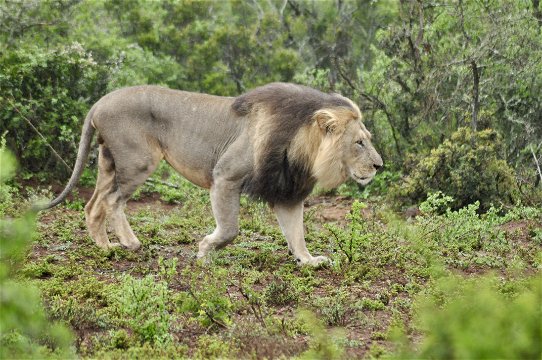
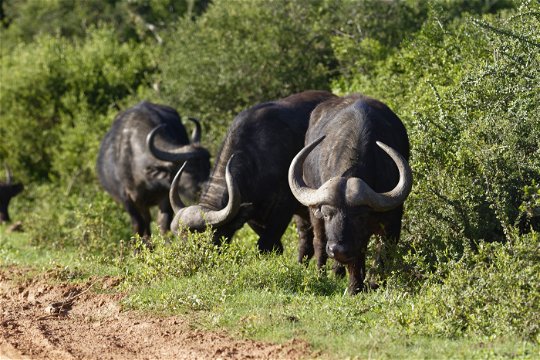
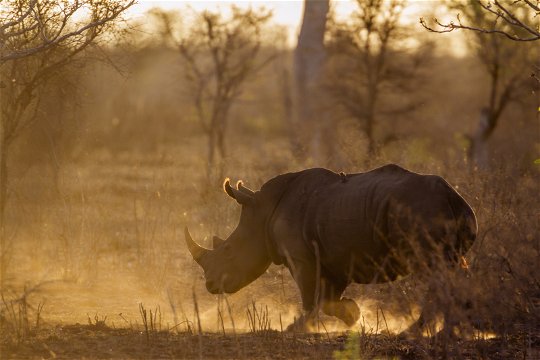
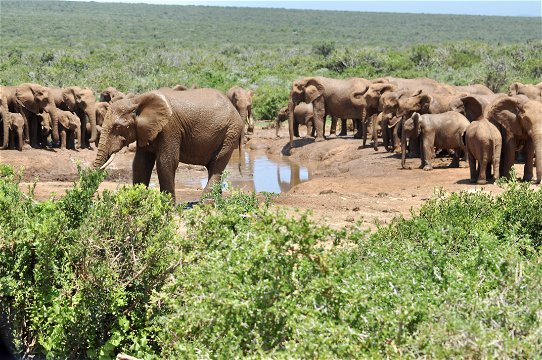

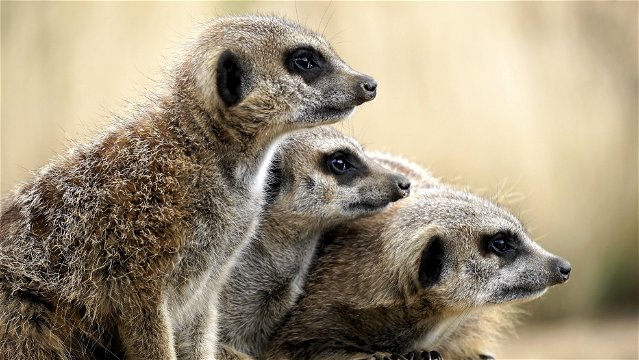
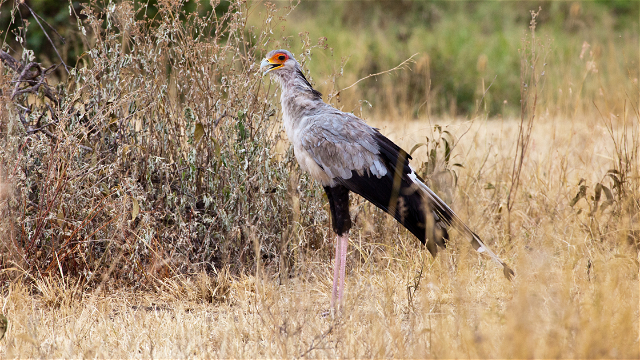
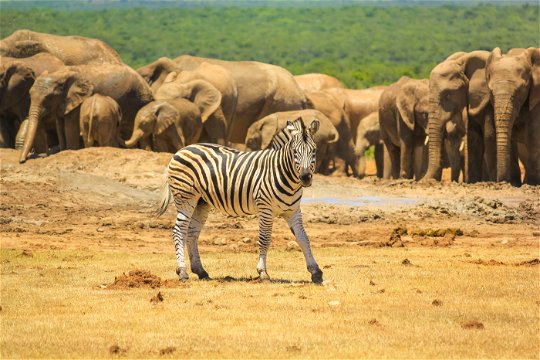
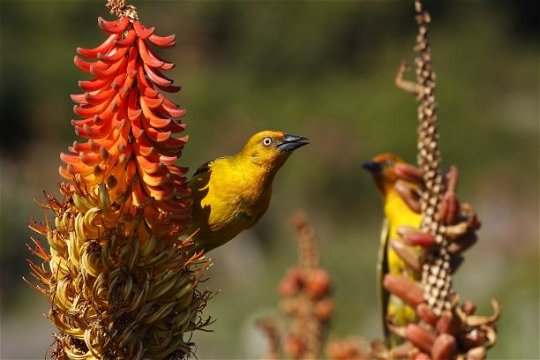
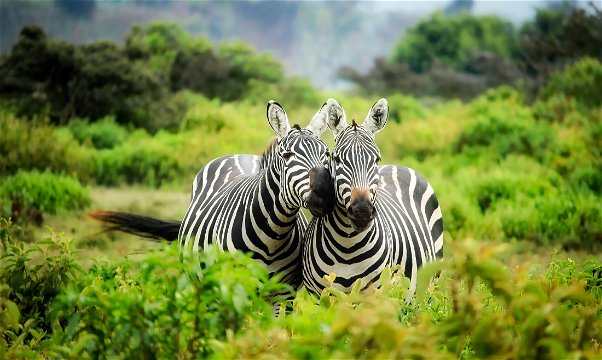
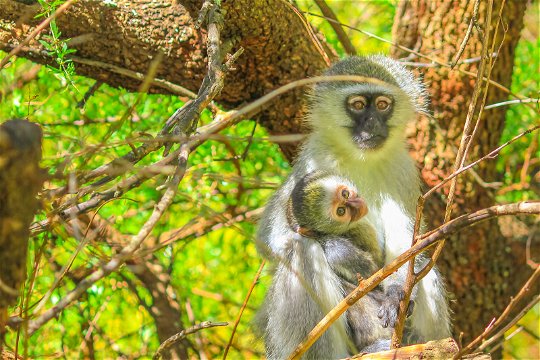

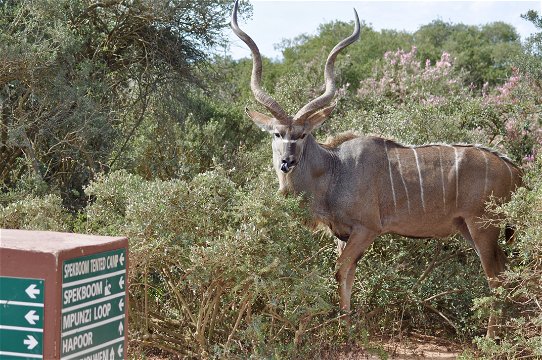
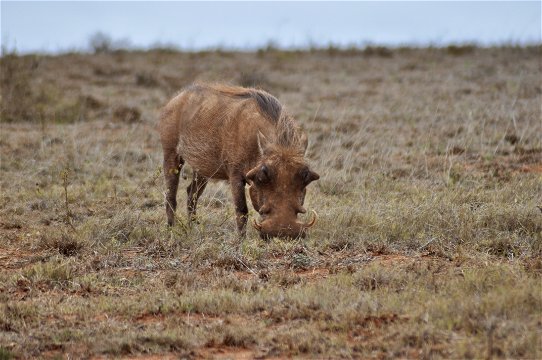
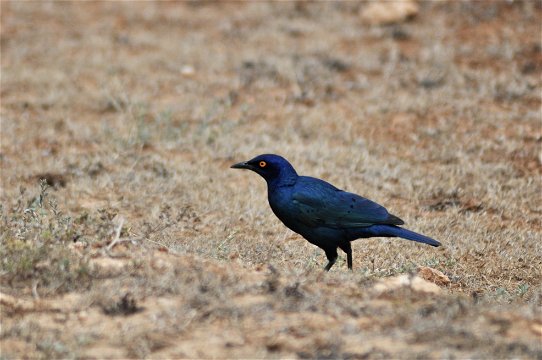
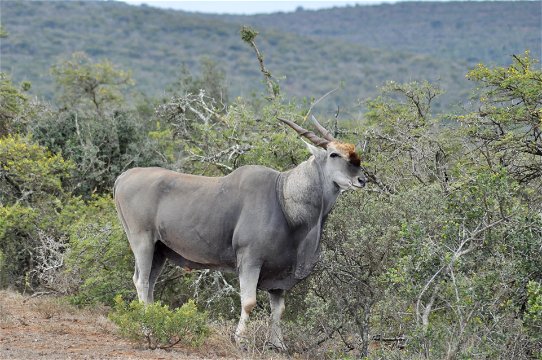
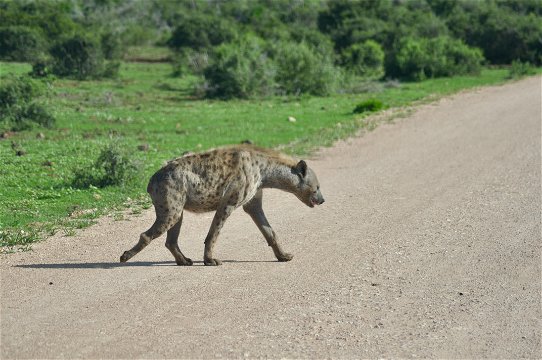
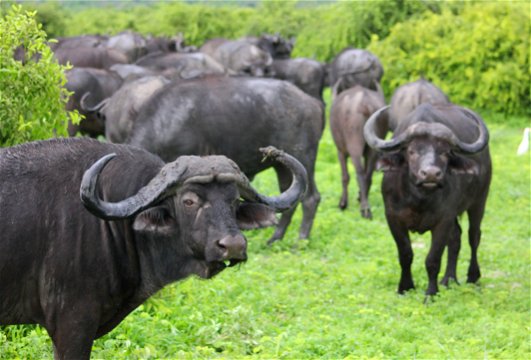
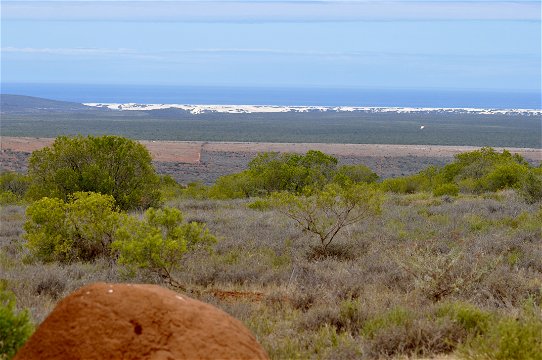
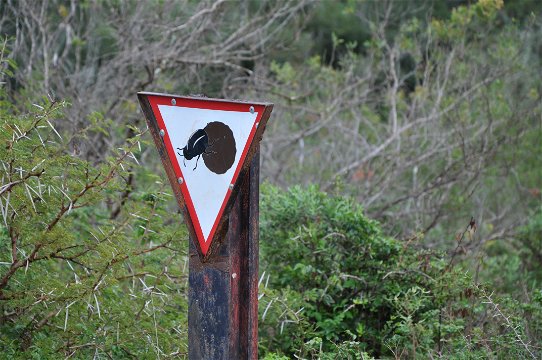
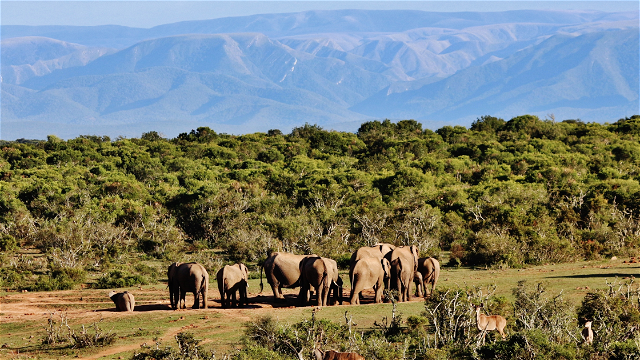
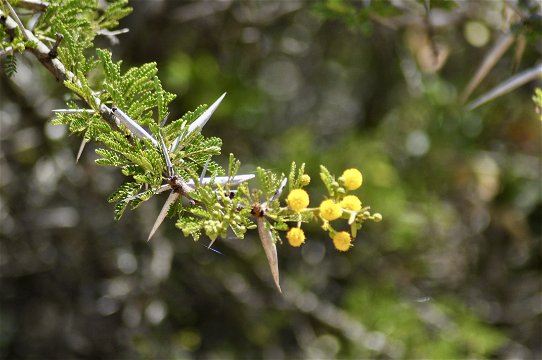
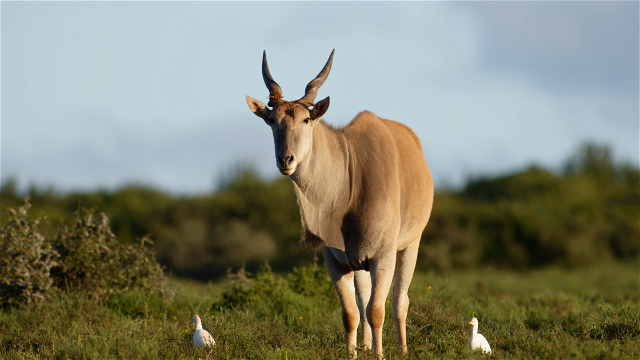
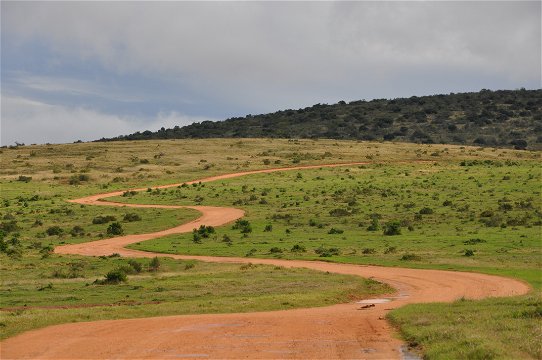
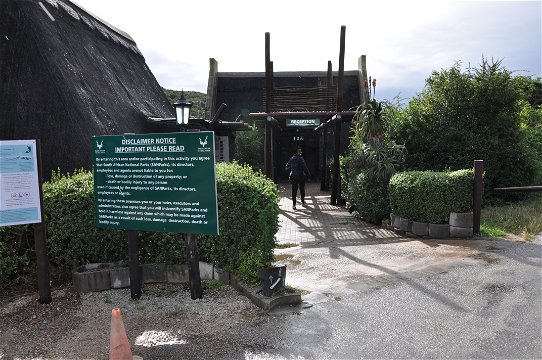
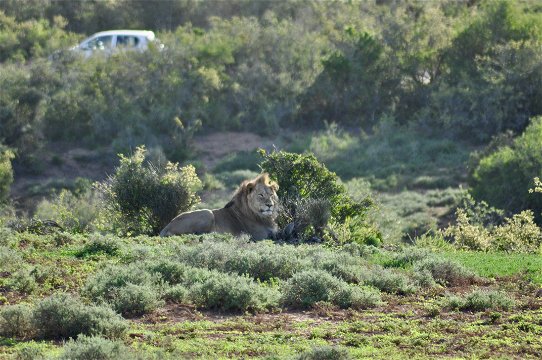

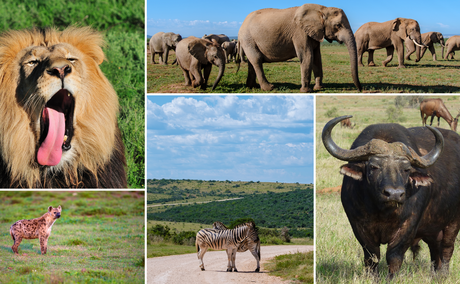
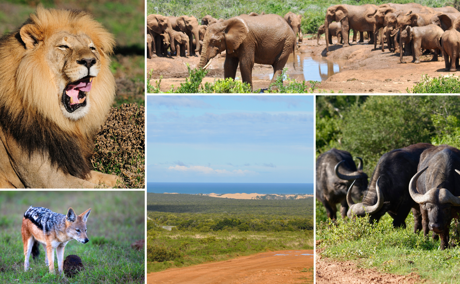
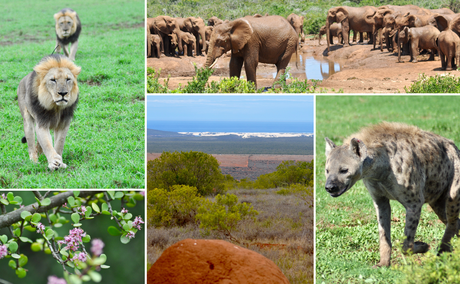
Share This Post